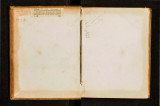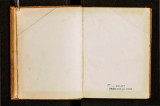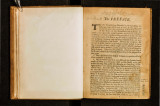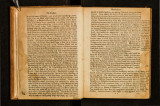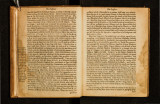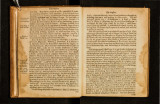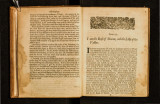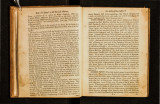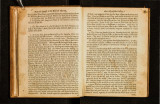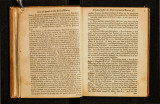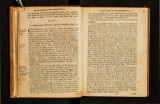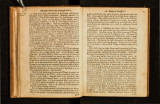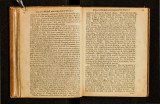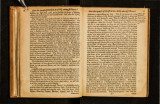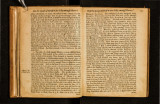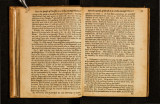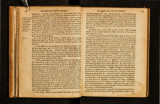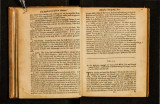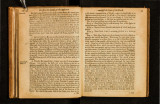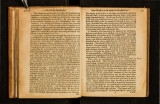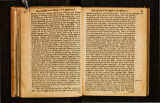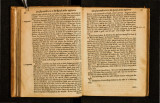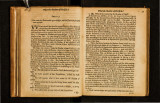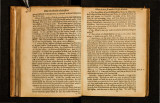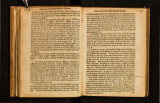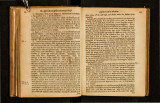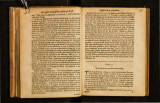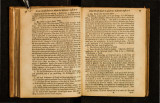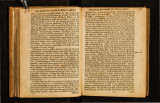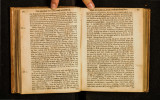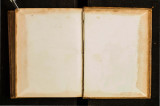| Title |
Intercourses of Divine Love Betwixt Christ and the Church, of the Particular Believing-Soul; as Metaphorically Expressed by Solomon in the First Chapter of the Canticles |
| Call Number |
BS1485 .C65 1676; Record ID 99180410102001 |
| Date |
1676 |
| Description |
Published in 1676 in London by A. Maxwell for Tho. Parkhurst. The University of Utah Library copy lacks title page. Title from British Museum. Dept. of Printed Books. Catalogue of printed books, as suggested by clipping from bookseller's catalog. |
| Creator |
Collinges, John, 1623-1690 |
| Publisher |
Digitized by J. Willard Marriott Library, University of Utah |
| Subject |
Bible--Song of Solomon--Criticism, interpretation, etc. |
| Type |
Text |
| Format |
application/pdf |
| Language |
eng |
| Collection Name |
Rare Books Collection |
| Holding Institution |
Rare Books Division, Special Collections, J. Willard Marriott Library, University of Utah |
| Rights |
Digital Image © Copyright 2014, University of Utah. All rights Reserved. |
| Scanning Technician |
Cedar Gonzalez |
| Digitization Specifications |
Original scanned with Hasselblad H2D 39 megapixel digital camera and saved as 600 ppi tiffs. Display images created in Adobe Photoshop Lightroom 4 and generated in Adobe Acrobat ProX as multiple page pdf. |
| ARK |
ark:/87278/s6db9k5c |
| Setname |
uum_rbc |
| ID |
293429 |
| Reference URL |
https://collections.lib.utah.edu/ark:/87278/s6db9k5c |



